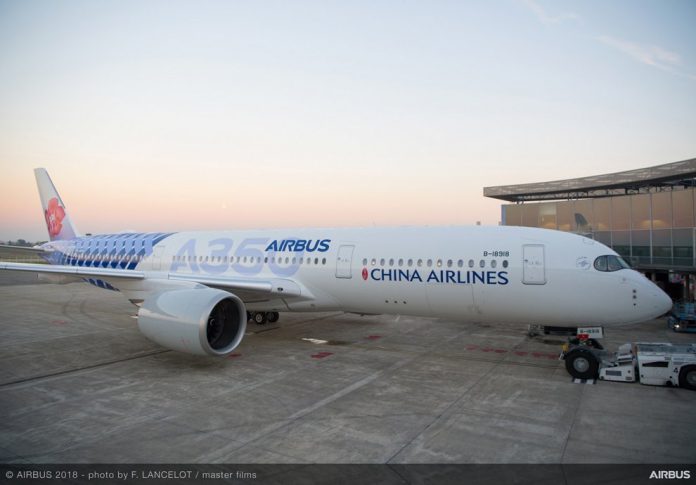Airbus is an undeniable titan of industry. Back in 2016, the company not only generated over $76 billion in revenue but also has a workforce of about 134,000 people.
Currently, it prides itself on being the biggest space business in the world. Airbus also provides a wide array of passenger airliners ranging from 100 to over 600 supplies tanks and seats, mission, transport, and combat aircraft. What’s more, at the company’s heart, it is cloud and AI-forward.
“In Airbus’ case, AI has been a journey for decades,” Adam Bonnifield, VP of artificial intelligence at Airbus, and “The price of using these technologies has plummeted, because of the explosion of computing power availability.”
When it comes to analysis and management, Airbus leverages a data lake technique. It creates a reservoir of data, particularly for in-service aircraft that it consequently avails to both individual users and companies.
JetBlue served as the launch client of the first-ever module of Scheduled Maintenance Optimizer platform belonging to Airbus. The platform leverages algorithms in determining the best maintenance schedule for fleets of over 200 aircraft.
“We can take some of the biggest problems in our industry — grounded aircraft, quality nonconformity problems, and operational delays — and use AI to solve them, period. About $40 billion is spent on delays in the United States, […] and about 80 percent of airlines are chronically late. It’s because they don’t have access to certain data that would help them manage when their plane lands and before it takes off,” Bonnifield said.
Over 200 airlines are currently utilizing Airbus’ Smarter Fleet Technology. On the other hand, some companies are leveraging Airbus’ collaboration with IBM Watson, which was announced back in 2013.
The partnership allows operators to have access to IT services for flight operations, engineering, and maintenance.
Last year, Airbus collaborated with Palantir Technologies to release Skywise, which is an advanced analytics and big data integration platform.
The firm says that it goes beyond boosting industrial operations performance all around the industrial divisions of Airbus. What ’s more, it enables improved equipment and aircraft designs, enhanced legacy fleets’ operational efficiency as well as one-click workflows designed for reporting to all regulatory entities.
Skywise draws aviation data from various sources in the industry such as fleet and aircraft configuration, spares consumption, work orders, flight schedules, and onboard sensor data. In turn, the data is then summarised in a unified dashboard.
The aim is to merge maintenance, aircraft, and operational data in a secure platform for management, analysis, and storage as well as to provide users with insights, particularly at global and aircraft levels.
Over seven leading airlines globally utilize Skywise, which Airbus plans to avail to military aircraft, Airbus helicopters, and other numerous products in the forthcoming further.
“We need help understanding how to [parse] … technical diagrams that have a lot of captions and annotations,” Bonnifield. “A key lesson we learned was that bringing … data together is only solving the first part of the problem. The second part of the problem is understanding how that data interoperate[s].”
